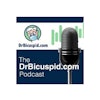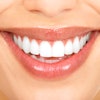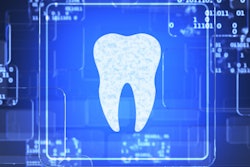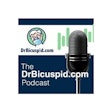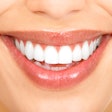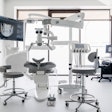
General health and oral health factors should be considered collectively when planning healthcare for older adults, according to an oral session presented at the 2021 International Association for Dental Research (IADR) virtual meeting.
Oral and systemic health are typically treated as separate areas in healthcare, yet most general health and oral health problems share common risk factors and both affect overall well-being. In this study, researchers used a machine-learning algorithm to investigate the robustness of the association between general health and oral health.
The analyses included 19,862 Japanese patients ages 65 years or older from the 2016 Gerontological Evaluation Study. A machine-learning algorithm called XGBoost was used to predict self-rated oral health using general health-related predictors (frailty, psychological status, and comorbidity) and self-rated general health using oral health-related predictors (poor occlusion, chewing difficulty, and dry mouth). Age, sex, household income, and smoking were added as common predictors for both models.
The prevalence of poor self-rated oral health was higher (28.6%) compared to poor self-rated general health (12.4%). In addition, 20.6% of those with poor self-rated oral health also reported poor self-rated general health, whereas 47.7% of those with poor self-rated general health also reported poor self-rated oral health, according to the researchers.
The study showed the AI model accurately predicted a robust general health to oral health and oral health to general health association, the researchers concluded. Moreover, oral health appeared to have a higher capacity in predicting general health than the other way around.
